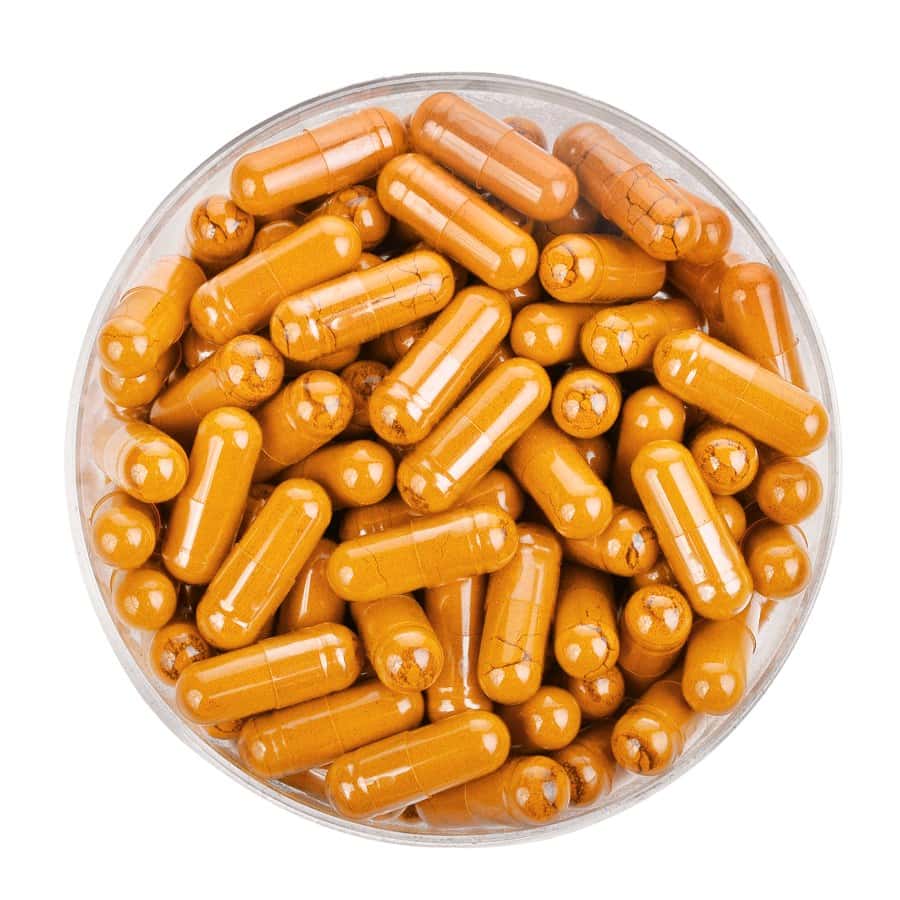
Once cancer patients finish treatment, do they put that entire episode behind them and just move on? Some do, but most find that periodic checkups to make sure the cancer has not returned remind them of the possibility of recurrence. Increasingly, people are doing what they can to reduce the likelihood of recurrence. Some take anticancer supplements. They are well-advised to inform themselves of potential risks, as this reader did.
Will Anticancer Supplements Lead to Bleeding?
Q. I go to an integrative oncologist to maintain a durable remission against prostate cancer. He recommended turmeric and blackseed oil. I also take aspirin for both its anticancer activity and its heart attack protection. I have read that this combination might increase my risk for bleeding. Is there any credibility to this concern?
A. Aspirin has antiplatelet activity (Craven, Annals of Western Medicine and Surgery, Feb. 1950), which is why doctors may recommend that high-risk heart patients take low-dose aspirin. It can inhibit blood clots but may make some people more susceptible to bleeding.
Anticancer Supplements and Anticlotting Activity:
Turmeric or Curcumin:
The active component of turmeric, curcumin, also has anticlotting activity (Keihanian et al, Journal of Cellular Physiology, June 2018). We have received reports from readers who found that adding turmeric or curcumin to their warfarin anticoagulant regimen changed their INR values. (INR is a measurement of blood anticoagulation.) Some people found that they bled far more easily.
Blackseed Oil:
With respect to blackseed oil (Nigella sativa), laboratory tests demonstrate that its active ingredient, thymoquinone, “had minimal effects on normal blood coagulation” (Muralidharan-Chari et al, International Journal of Molecular Sciences, March 30, 2016). On the other hand, it can reverse cancer-associated blood clots.
Consequently, the scientists suggest that thymoquinone might be useful
“as a preventative anticoagulant and/or as a supplement to existing chemotherapies and anticoagulant therapies.”
A Combination of Anticancer Supplements:
We suspect that this combination might increase your risk for bleeding somewhat, although it could also be helpful against certain types of cancer. Aspirin is being studied as a possible addition to radiation therapy for prostate cancer (Mascan & Marignol, Anticancer Research, April 2018). Curcumin also looks promising against prostate cancer in tissue culture and animal research (Zhao et al, Journal of Biochemical and Molecular Toxicology, online Feb. 27, 2018). Not to be outdone, thymoquinone appears to reverse malignant developments in prostate cancer tissue culture (Kou et al, Oncology Reports, Dec. 2017). We haven’t seen any studies on this combination of anticancer supplements, but it appears your oncologist is staying up with the research.

